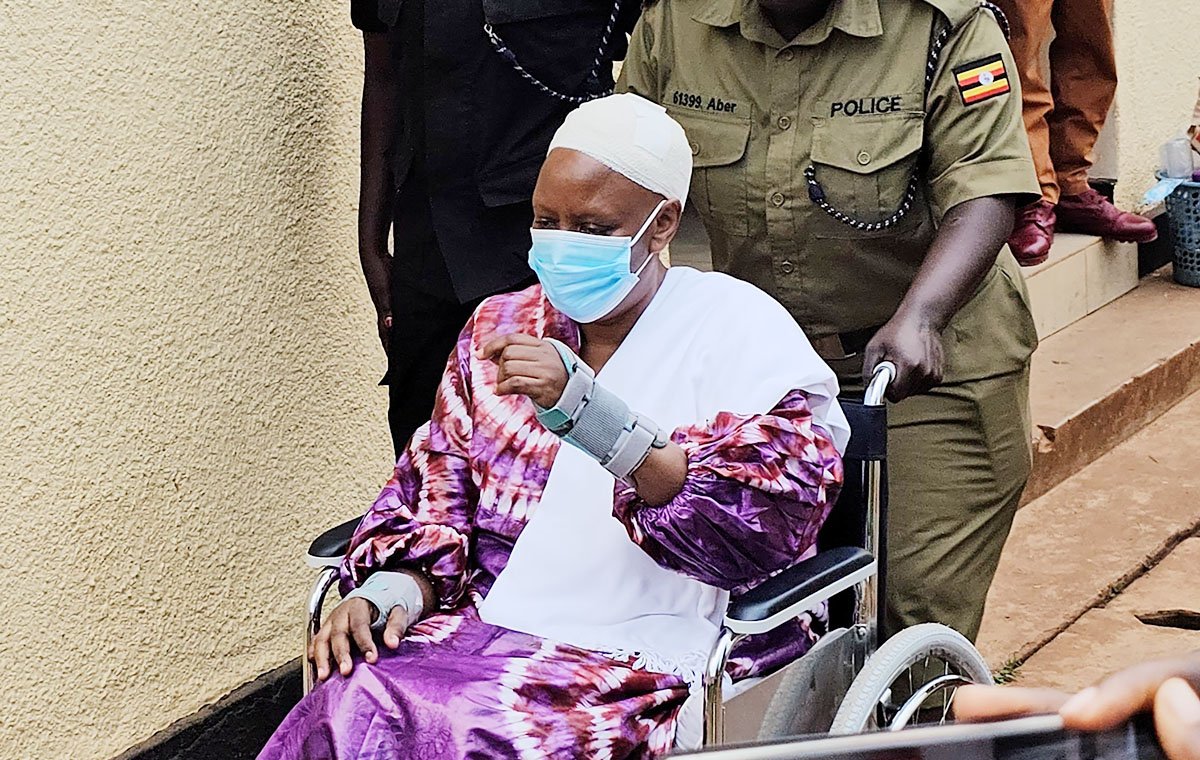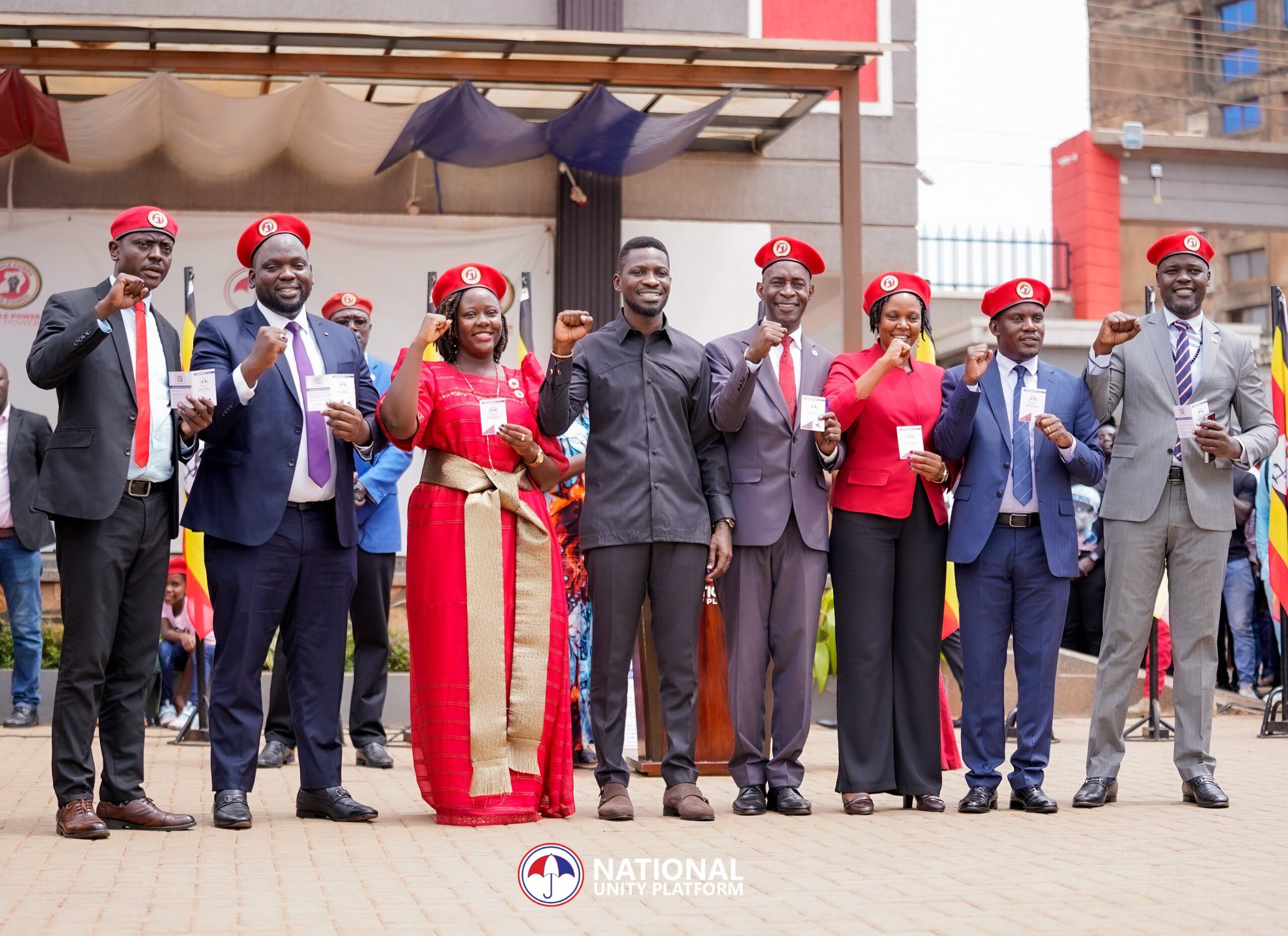President Museveni has hailed Parliament for passing the Uganda People’s Defence Forces (UPDF) Amendment Bill, 2025, describing it as a timely intervention that averted potential institutional conflict and embarrassment.
Addressing leaders at Timnah Nursery and Primary School in Mabaale village, Luwero district during his ongoing assessment tour of the Parish Development Model (PDM) and other wealth creation programs, President Museveni said the bill ensures that crimes committed by soldiers, including murder and rape, remain under the jurisdiction of military courts.
“I want to congratulate Members of Parliament for passing the UPDF Amendment Bill. There was going to be a serious problem… a serious collision between the army, Parliament, and the courts of law, but they have saved us the embarrassment,” he said.
The UPDF Amendment Bill, passed on May 20, 2025, expands the mandate of military courts to try civilians under specific conditions such as possession of military equipment or collaboration in crimes like treason or murder.
Museveni defended the bill, arguing that anyone who uses military means to commit crimes, whether a soldier or civilian, should face military justice. “Even the person who is not a soldier and uses a gun to commit a crime, we are going to charge them in the army courts,” he said.
The President attributed Uganda’s stability and economic progress to what he termed as “clean politics” practiced by the ruling National Resistance Movement (NRM) since 1986. He emphasized that peace is the bedrock of national development, noting that Uganda now hosts over 1.8 million refugees due to instability in neighboring countries.
He urged citizens to prioritize wealth creation through commercial agriculture, ICT, manufacturing, and services while warning against land fragmentation, which he said undermines economic progress. “The modern way is to divide land ownership but use it collectively,” he advised, citing successful examples of cooperative investment in Luwero.
Museveni reiterated his “four-acre model” for smallholder agriculture, encouraging Ugandans to grow cash crops like coffee and fruits alongside food and livestock to ensure household income.
PDM Progress in Greater Luwero
National PDM Coordinator Hon. Dennis Galabuzi Ssozi reported that UGX 62 billion has been distributed to 240 PDM SACCOs in Greater Luwero, benefiting over 65,000 households. Women make up 51% of beneficiaries, with Luwero leading in performance. However, youth participation remains low at 26%, compared to the national average of 38%.
Galabuzi called for investigation into the low youth involvement and highlighted challenges including inadequate extension services, unreliable electricity, and water shortages.
NRM Performance and Political Outlook
NRM Secretary General Richard Todwong presented the party’s performance scorecard, noting a decline in support in Greater Luwero between 2016 and 2021. He urged local leaders to reconnect with communities and address underlying issues.
Todwong also revealed that President Museveni donated UGX 300 million from a court award to fund the construction of an NRM office in Luwero.
Economic Transformation and ‘Musevenomics’
Senior Presidential Advisor Hon. Ephraim Kamuntu introduced “Musevenomics” as the economic framework underpinning Uganda’s rise to middle-income status. He outlined its four economic stages: primary production, manufacturing, services, and knowledge-based development.
Other ministers, including Evelyn Anite and Judith Nabakooba, highlighted ongoing government efforts to combat poverty, enhance land rights, and enforce equitable resource distribution through programs like Emyooga and PDM.

















